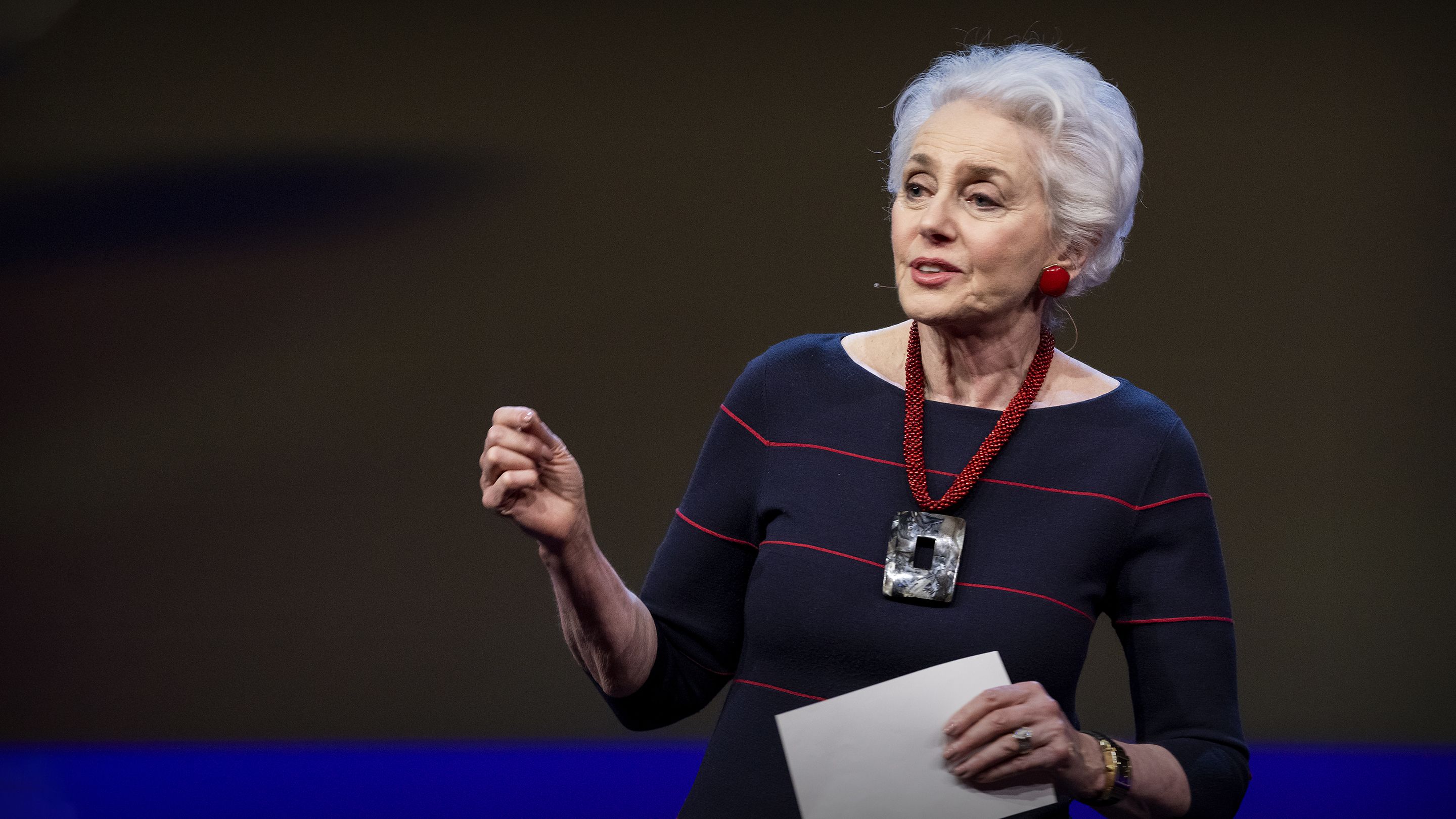3 étapes pour construire la paix et opérer des changements pertinents
1,425,212 views |
Georgette Bennett |
TED2022
• April 2022
En tant qu'enfant survivante de l'Holocauste et réfugiée de la seconde guerre mondiale, la bâtisseuse de paix Georgette Bennett était surprise par le bilan humain et la tragédie de la guerre civile Syrienne. Elle s'est mise au travail, en rapprochant des énemis historiquement connus, pour construire un pipeline de l'Israel en Syrie; ce que certains pensaient impossible, qui a pourtant aidé des millions de personnes. A travers cette histoire inspirante de partenariats incertains, Bennett partage trois étapes pour créer du changement et invite chacun de nous à l'action face à une personne dans le besoin
